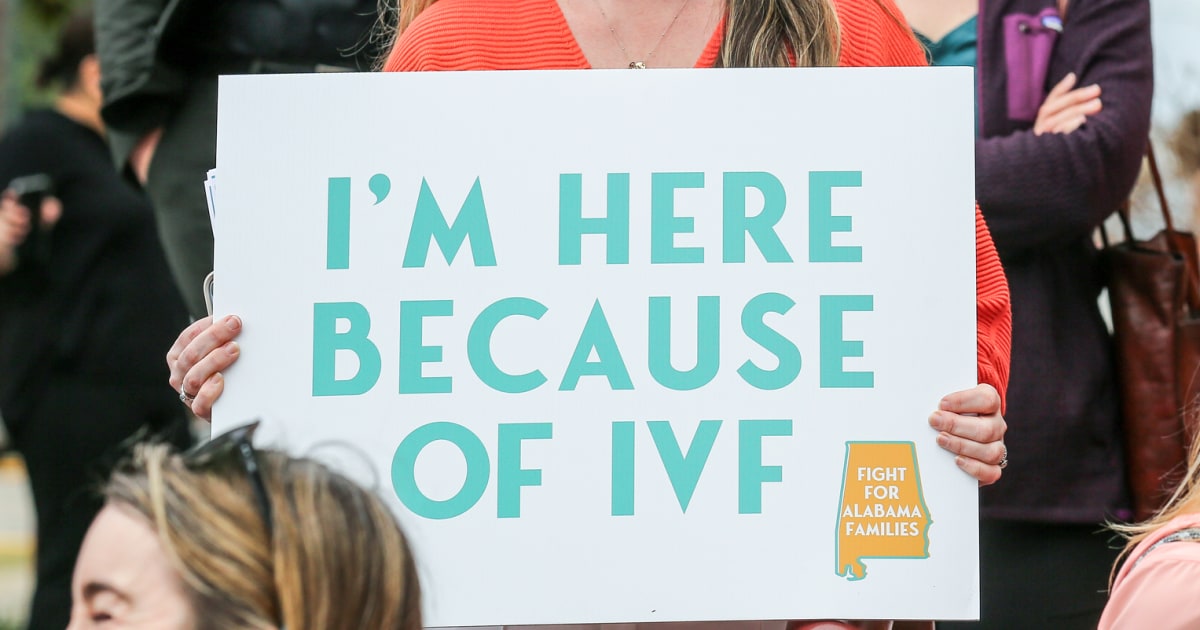
On June 13, 2024, Senate Republicans blocked a Democratic-led bill aimed at codifying federal protections for in vitro fertilization (IVF) services. The vote was held less than five months before the 2024 elections and received significant attention due to ongoing debates regarding reproductive rights in the United States.
The Right To IVF Act, introduced by Senators Patty Murray, Tammy Duckworth, and Cory Booker, aimed to establish a federal right for individuals to access IVF services and prohibit states from hindering these rights. However, many Republicans expressed concerns about the bill due to their belief that life begins at conception.
The vote was 48-47 in favor of bringing the bill up for debate, but it fell short of the necessary 60 votes needed to move forward. Two Republican Senators, Lisa Murkowski and Susan Collins, voted in favor of the bill. The GOP instead advanced a narrower bill that would cut off Medicaid funding for states if they banned IVF.
Democrats argued that access to contraception and IVF are also at risk due to the Supreme Court's decision in 2022 to eliminate federal abortion rights. They believe that Republicans' opposition to the bill is part of a larger strategy to restrict reproductive freedoms.
The failure of this bill comes after Alabama Governor Kay Ivey signed legislation into law in March that granted civil and criminal immunity in case of unintentional death or damage to an embryo. Medical professionals have expressed concerns about the potential implications for IVF treatments and the rights of patients seeking these services.
The debate over IVF access is a complex issue, with both sides raising valid concerns. It is essential to consider all perspectives and ensure that individuals are able to make informed decisions regarding their reproductive health. The failure of this bill highlights the need for continued dialogue and compromise on this important issue.






